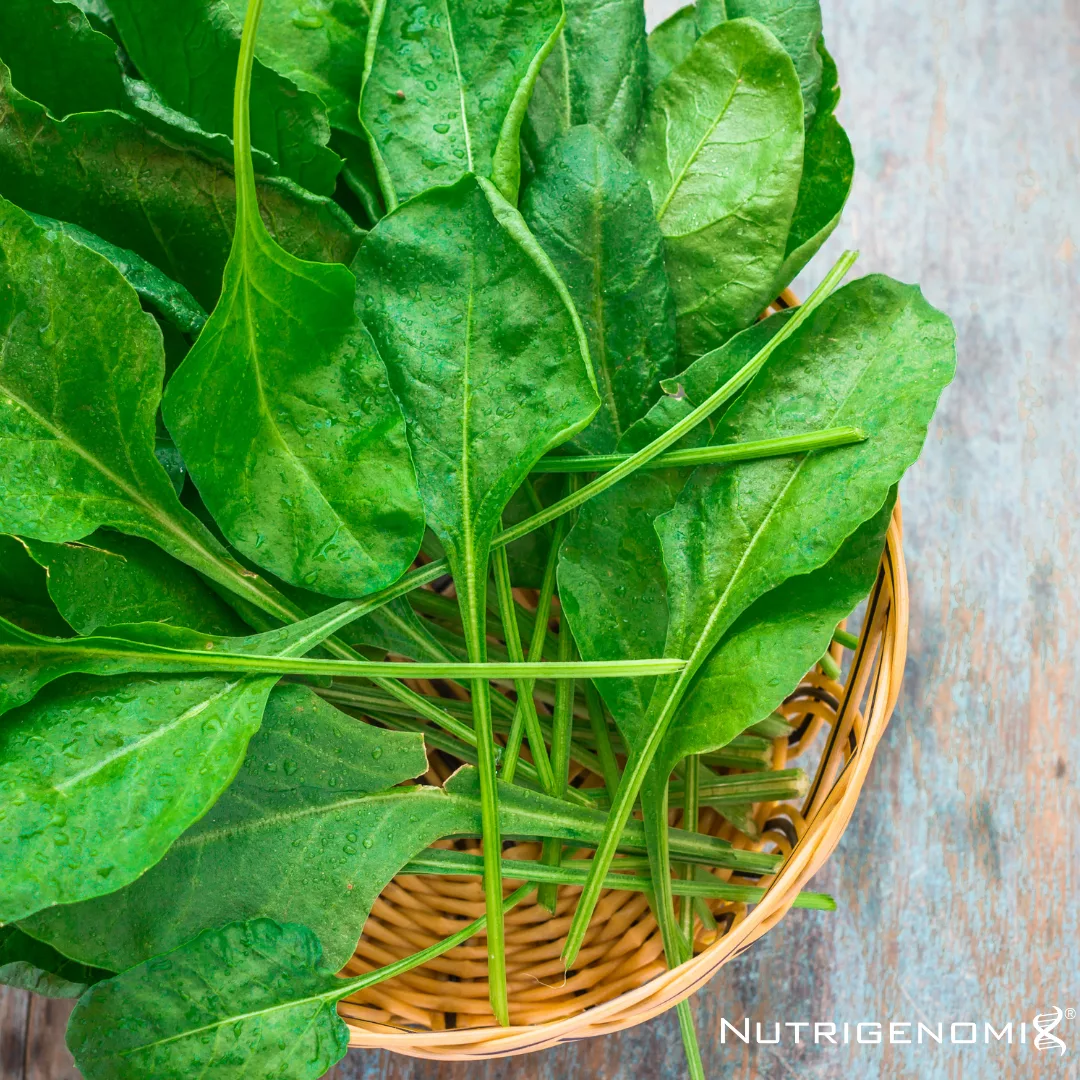
Glutathione
The Core Function of Glutathione
Glutathione isn’t just another antioxidant—it’s the master antioxidant that works inside every cell to protect, repair, and energise your body. It plays a vital role in keeping you healthy, youthful, and resilient by supporting everything from detox and immunity to energy and brain health.
Glutathione is made with cysteine, glycine and glutamate – amino acids found in protein rich foods.
The co factors necessary to produce glutathione are Vit B12 and B6 with methionine.
Here’s how this powerhouse molecule works.
Supports Detoxification (Especially in the Liver)
Your liver depends on glutathione to eliminate toxins, heavy metals, and metabolic waste. During Phase II detoxification, glutathione binds to harmful substances and makes them easier for your body to flush out through urine or bile.
Low glutathione levels can slow this process, leading to toxin buildup, sluggishness, and greater health risks.
Neutralises Free Radicals
Every day, your body is exposed to free radicals—unstable molecules that can damage cells, proteins, and DNA. This “oxidative stress” contributes to aging, fatigue, and many chronic diseases.
Glutathione helps neutralise these free radicals before they cause harm. It donates electrons to stabilise them and, unlike most antioxidants, recycles itself for ongoing protection.
Recharges Other Antioxidants
Glutathione works hand-in-hand with other antioxidants like vitamin C and vitamin E. Once those antioxidants do their job and become inactive, glutathione helps reactivate them—keeping your body’s antioxidant network running strong.
Promotes Healthy Cell Renewal
Glutathione plays a key role in deciding when cells should grow, repair, or safely die off (a process called apoptosis). This helps prevent damaged or abnormal cells from spreading and supports overall cellular balance.
Strengthens the Immune System
Healthy immune cells rely on glutathione to function properly. It helps regulate inflammation and boosts your body’s ability to fight off infections.
Research shows that when glutathione levels drop, immune strength weakens—making you more vulnerable to viruses and bacteria.
Fuels Energy and Mitochondrial Health
Your mitochondria are the energy factories of your cells, but they’re also sensitive to oxidative stress. Glutathione protects them, helping your body produce clean, efficient energy (ATP).
This is especially important for maintaining stamina and supporting conditions linked to fatigue and mitochondrial dysfunction.
Protects the Gut and Brain
Recent studies show that glutathione helps maintain the integrity of the gut lining and the blood-brain barrier—two of the body’s most important defense systems.
By keeping these barriers strong, glutathione helps reduce inflammation and may support conditions related to gut health, brain function, and immunity.
The Bottom Line
From detox and immunity to energy and brain protection, glutathione supports nearly every system in your body. That’s why it’s known as the master antioxidant—the foundation for cellular health and longevity.
Factors That Deplete Glutathione
Even though your body naturally produces glutathione, modern life constantly challenges its reserves. Daily stressors—from poor sleep to pollution—can quickly lower glutathione levels and weaken your body’s defense system. Understanding what drains glutathione is the first step in protecting it.
Poor Diet and Nutrient Deficiencies
A nutrient-poor diet limits your body’s ability to make glutathione. You need sulfur-containing amino acids (like cysteine), selenium, and B vitamins to produce and recycle glutathione efficiently.
Diets high in processed foods, sugar, and unhealthy fats also promote inflammation, further reducing glutathione levels.
Chronic Stress
When you’re under ongoing stress, your body produces more cortisol and inflammatory molecules. This increases oxidative stress and puts extra demand on your antioxidant systems—especially glutathione.
In short: more stress = more free radicals = faster glutathione depletion.
Environmental Toxins
Your detox system relies heavily on glutathione. The more toxins you encounter, the faster your body burns through it.
Air pollution, heavy metals, pesticides, plastics (like BPA), cleaning products, and even mould can overload your detox pathways, draining your glutathione stores and increasing oxidative stress.
Poor Sleep and Disrupted Circadian Rhythm
Glutathione levels naturally rise during deep, restorative sleep—particularly in the liver. When you’re not sleeping well, your body struggles to regenerate glutathione and repair oxidative damage.
Shift workers, new parents, and anyone with disrupted sleep patterns often show lower antioxidant capacity and higher inflammation.
Aging
As we get older, our bodies naturally make less glutathione. At the same time, oxidative stress increases—creating a cycle of cellular damage, fatigue, and immune decline.
Maintaining healthy glutathione levels is key to aging well and protecting long-term vitality.
Alcohol and Certain Medications
Your liver uses large amounts of glutathione to break down alcohol and many drugs—including paracetamol, antibiotics, and some chemotherapy agents.
Frequent alcohol or medication use can deplete liver glutathione, leaving your detox system overworked and less efficient.
Chronic Illness and Infections
Conditions like autoimmune disorders, long-term infections (e.g., EBV, Lyme, or long COVID), and other inflammatory diseases cause ongoing oxidative stress.
This constant demand for detox and repair rapidly consumes glutathione, leaving cells vulnerable to further damage.
Gene variants
Your genes play a powerful role in how well your body produces and recycles glutathione. Certain genetic variations—known as SNPs (single nucleotide polymorphisms)—can affect the enzymes responsible for glutathione metabolism. Variants in these genes can reduce enzyme activity, making it harder for the body to neutralize oxidative stress and toxins efficiently.
The Bottom Line
By identifying what depletes glutathione—and taking steps to reduce those triggers—you can protect your body’s natural antioxidant defenses, support detoxification, and strengthen your immune resilience.
Next, let’s look at simple, natural ways to boost your glutathione levels every day.
How to Boost Glutathione Naturally
While supplements can help, the best way to build and maintain healthy glutathione levels is through daily lifestyle and nutrition choices. Here’s how you can naturally support your body’s production of this vital antioxidant.
Eat Glutathione-Rich and Sulfur-Containing Foods
Some foods provide glutathione directly, while others supply the nutrients your body needs to make more of it—especially cysteine and glycine.
Top Glutathione-Boosting Foods:
- Broccoli, cauliflower, Brussels sprouts – rich in sulforaphane – this nutrient is needed to make glutathione. Recipes to increase cruciferous vegetables.
- Garlic, onions, leeks – packed with sulfur compounds
- Spinach, avocados, asparagus – natural sources of glutathione
- Eggs, fish, and grass-fed meats – high in cysteine for glutathione production
- B-vitamins (B12, folate, B6) from leafy greens and animal products.
- Improve gut health – probiotics help nutrient absorption and detox pathways.
- Reduce oxidative stress – limit alcohol, processed foods, and chronic toxin exposure




